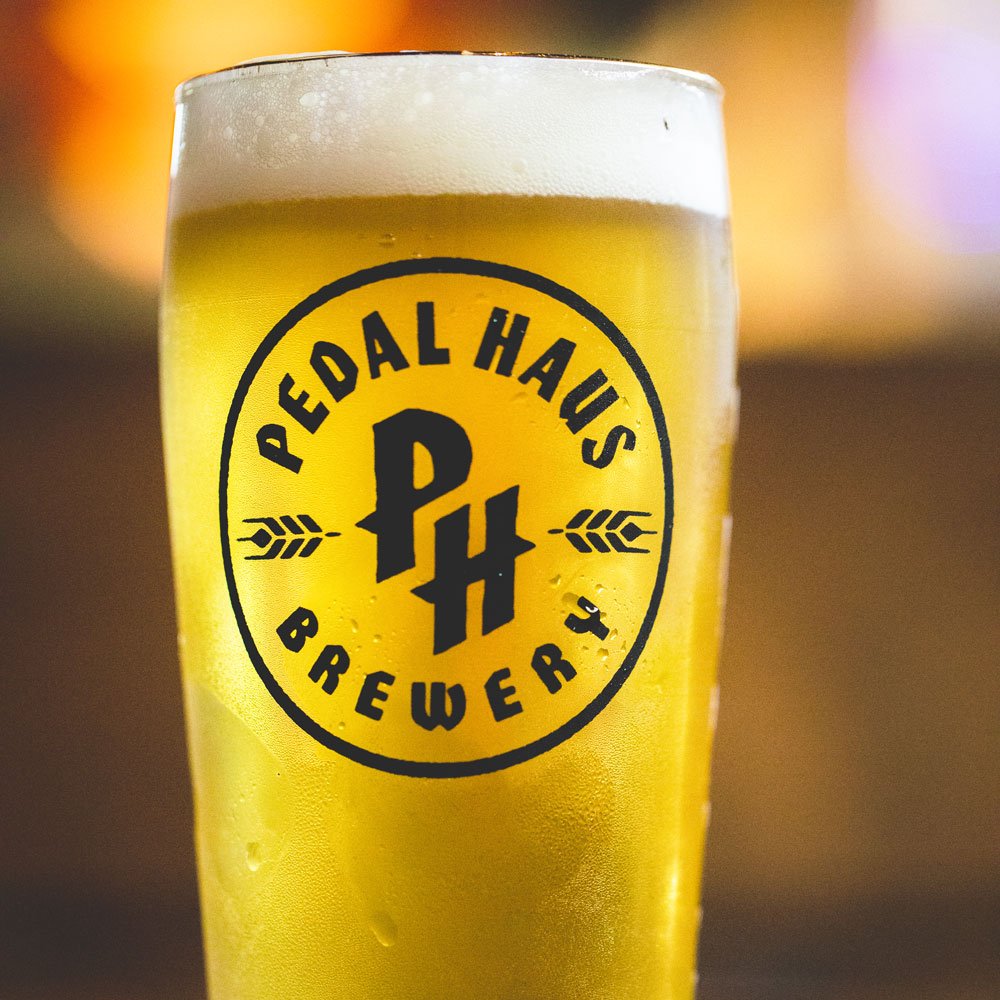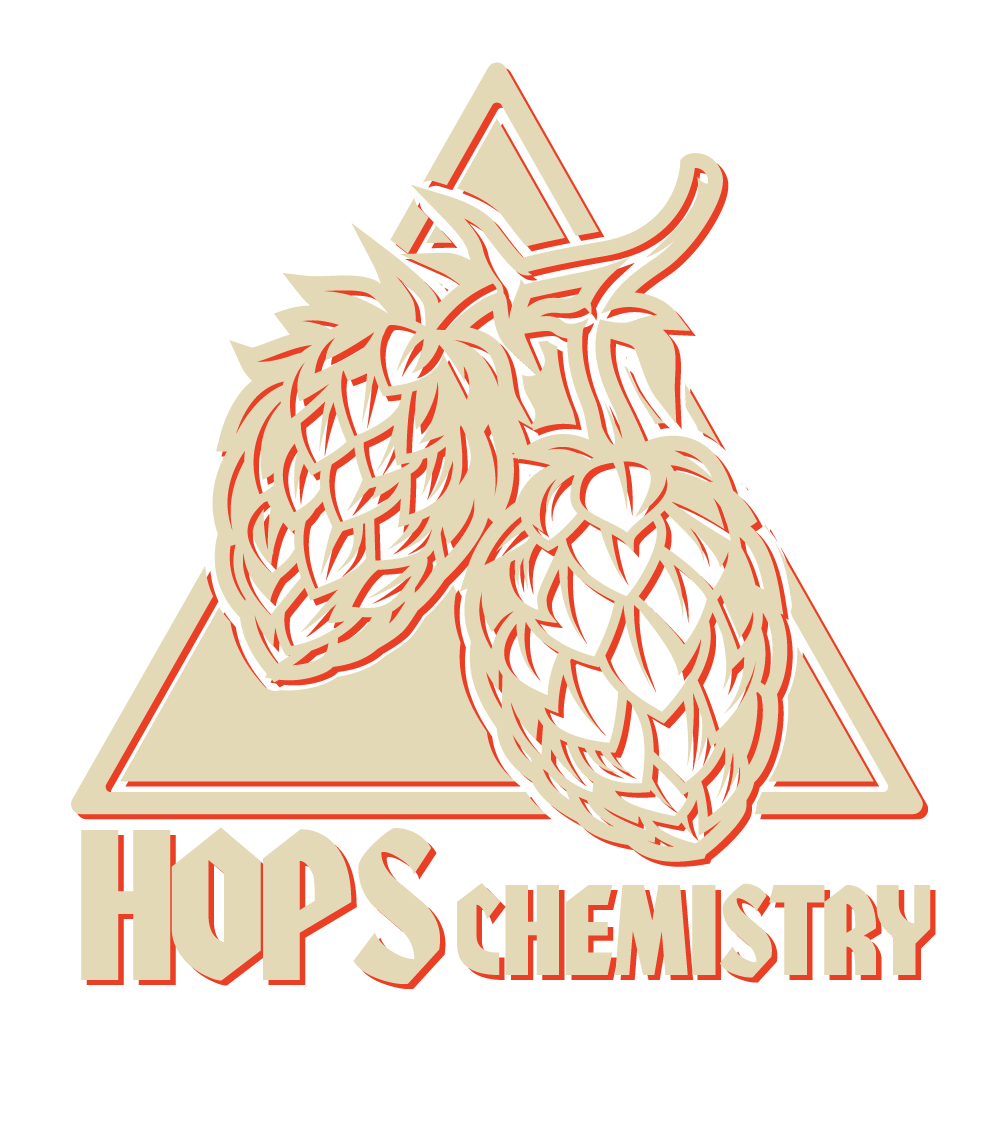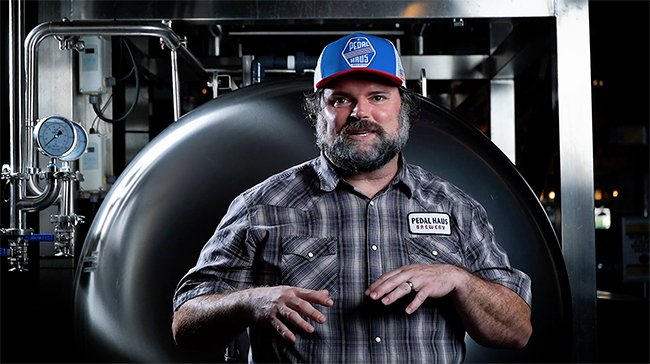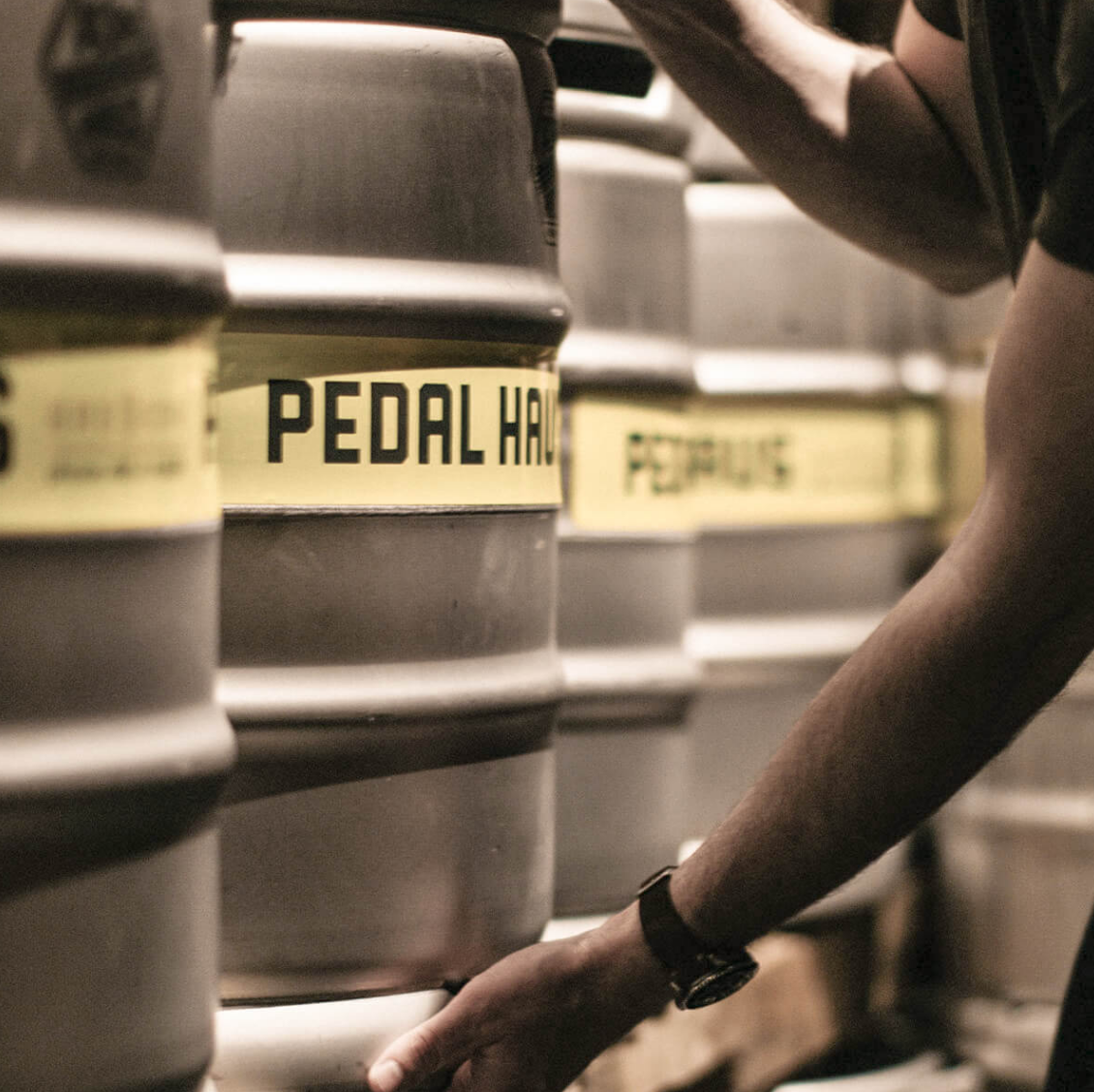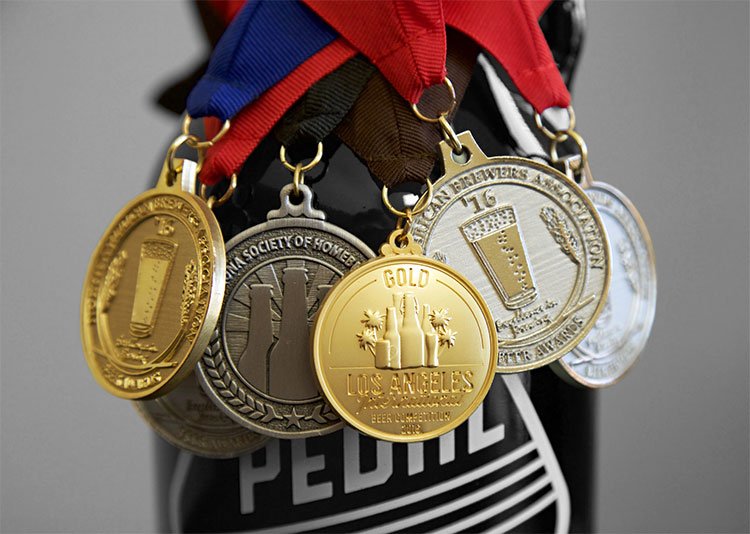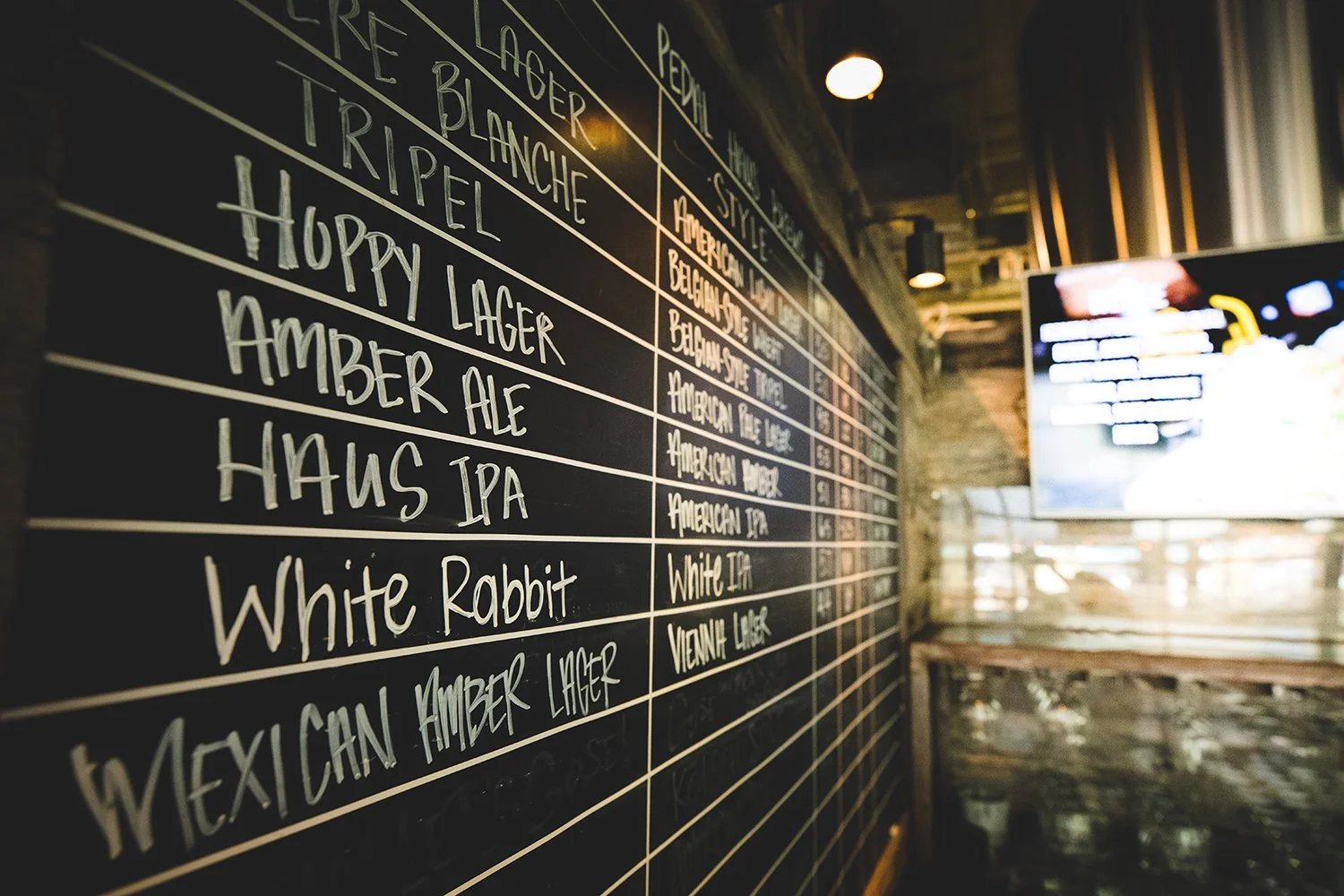THE SCIENCE OF BEER
Understanding the chemical and biological processes of brewing
Craft beer has been enchanting people's taste buds for centuries, and the science behind its creation is fascinating. Explore the intricate chemical and biological processes involved in brewing beer in retrospect to how Pedal Haus Brewery, one of the best breweries in Tempe, creates the perfect brews for all kinds of beer lovers!
BREWING BEER…. The Pedal Haus Way!
Pedal Haus’ veteran brewmasters hold an unwavering conviction that the crème de la crème of ingredients is the fundamental element in crafting superior beer, and they refuse to compromise on this belief. Our ethos regarding craft beer involves a steadfast determination to attain solely the finest grains, hops, and yeast from all corners of the globe while employing avant-garde and efficient brewing techniques.
A team of connoisseurs examines every aspect of the brewing process with precision and care, ranging from malt production to hop chemistry and yeast fermentation, ensuring that each batch of beer we produce is nothing short of exceptional.
Don’t judge a “beer” by its cover, as much as we want this to be Pedal Haus Brewery’s official motto, it’s still an understatement when it comes to foreseeing what methods can impact a beer’s originality in what way. To appeal to the masses, we focus on crafting diverse and delicious brews that can be attributed to the pioneers pushing boundaries in the craft beer industry. Can you expect anything less from one of the best breweries in Tempe?
THE BREWING PROCESS
Craft Beer
Ever found yourself takin’ the first sip of a new beer and immediately wondering what goes into making your favorite beer? We understand your dilemma, so let’s take a brief look at various brewing methods and what impact they have on a batch’s properties, such as flavor, aroma, and appearance.
YEAST FERMENTATION
“All about that yeast!”, Is what we shout when the topic of craft beer brewing comes up. The key and brail for creating alcohol and carbonation in the beer. This occurs when yeast breaks sugars down and converts them into alcohol, CO2, and other byproducts. Malted barley feeds the sugars for the yeast to consume in a mixture of water and additional ingredients, this process is also known as alcoholic fermentation.
Normally, fermentation takes about 1-2 weeks, but it depends on the style of beer being brewed and the conditions in which it is fermented. Yeast cells multiply in the wort during fermentation breaking down sugars. The myriad of compounds produced at this stage is what gives the beer its unique flavor, aroma, and texture. Aldehydes, esters, and ketones are major contributors here.
Post-fermentation, the most common practice is to transfer the beer to another vessel (barrel) for aging and letting it mold its flavor. Another factor is the temperature for yeast fermentation, being most active between 60-70 degrees Fahrenheit whereas at cooler temperatures the fermentation slows down or can stop altogether. Off-flavors and unwanted compounds can also be born if the temperature exceeds the limit of 70 degrees Fahrenheit.
Understanding every aspect of this integral step in beer brewing is what makes Pedal Haus one of the best breweries in Tempe. We love implementing the science behind fermentation to make beer as enjoyable as possible for our ferocious beer enthusiasts!
HOPS CHEMISTRY
Why is it important?
Hops are the supreme decider for any beer, contributing to bitterness, flavor, and scent, hence, being essential for producing a product with a complex taste, to sum it up, hops are what make different beer styles distinctive. Many chemical compounds are uncovered in various sorts of hops, what counts is picking the kind which meets the conditions for the desired result, and this requires experience and a deep understanding of hop compositions.
Alpha acids, beta acids, and essential oils are just a few compounds contained in hops but very influential during the brewing process. Alpha acids are converted into iso-alpha acids making them responsible for the bitterness of any beer style. Also influencing the bitterness factor are Beta acids but what makes them important is the antimicrobial properties that are accountable for the overall preservation of the beer. Essential oils contribute to the flavor and aroma, different varieties of hops from different parts of the world carry distinct combinations of oils which allow unique and original flavors to be born.
Pedal Haus values the knowledge and experience of its seasoned brewmasters, it is for their understanding of hop chemistry, allowing them to craft specific flavors and aromas in beers. As one of the best breweries in Tempe, we study the chemical composition of every type of hop we source and how they interact with other ingredients, this is why Pedal Haus has the most delicious and zesty drinks on the menu, ask any beer lover in Tempe!
MALT PRODUCTION
Malt production for the layman is to simply convert raw grains, mainly barley, into malted barley - a primary ingredient in craft beer brewing. Similar to hops, malted barley supplies sufficient sugars for yeast fermentation releasing individualistic savors and affecting the color of the beer.
First, raw grains are steeped in water to provoke germination. Then dried and kilned, the germinating grains stop the germination process altogether to evolve into the iconic flavor and color of malted barley. The kilning process is a delicate one, as the derived flavor and color of the malt depend on the provided condition, such as the duration and temperature which can vary.
Enzymes in malted barley tend to break down complex carbohydrates into simple sugars that can be easily fermented by the yeast during the brewing process. This process is also known as “Mashing”. What makes malted barley so valuable for craft beer brewers is its contribution to flavor and color. Various types of barley, such as pale malt, Munich malt, and chocolate malt, all have distinct flavor profiles and are used for a plethora of beer styles.
Malt production has been a timeless tradition, dating as far back as medieval times. We at Pedal Haus, widely reputed to be the best brewery in Tempe, love comprehending the science behind malt production to widen the horizons of possibilities for new flavors to be born. So come on board barbarians and get tipsy with our endless supply of delicious and savory beers.


